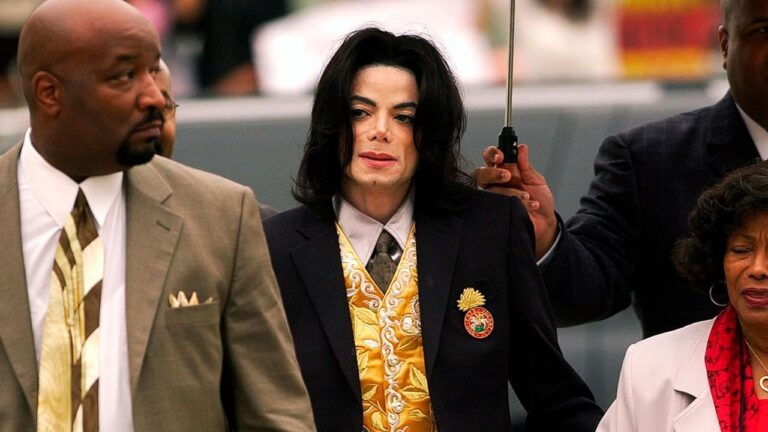Don’t Ever Ask These 13 Questions in a Job Interview

Getting an opportunity to be interviewed for a job opening is a big deal today, considering how competitive things are. The unemployment rate increased to 4.3% in July, and things don’t seem bright on the economic front either.
Analysts say the US might enter a recession if the federal government doesn’t take appropriate measures. Considering these facts and figures, you can’t afford to make mistakes during an interview and risk losing a potential job.
Most insiders will tell you that hiring executives judge you based on the questions you ask, and not simply based on how you answer theirs. Hence, we compiled a list of common questions that interviewees ask, which might be to their detriment.
If you want to land that job, don’t ask these 13 questions.
Is There a Dress Code?

We understand that you want to test the waters before you get wet and want to know what you need to wear to work. It might be an innocent question or just a curious query so that you can shop for appropriate clothes.
However, this usually rubs the interviewers the wrong way, as you’re expected to dress professionally regardless of the prevailing work culture. Until you are safely settled into your new job, avoid asking what the dress code is and stick to professional outfits.
2. What’s the Boss Like?

At the end of the interview, you might wonder what your new boss will be like. If the interviewers were friendly and cordial enough, you may feel comfortable asking this question.
However, it is a bad idea as this communicates your tendency to be presumptuous. It is also inappropriate for the interviewer to discuss your boss before you even get the job. They certainly won’t be in a position to share juicy details about your potential new boss before you’re hired.
3. Can I Work From Home?

Once you have answered all the tough questions, you might wonder if you can work from home. Flexible working schedules are increasingly popular among job seekers, and working from home on certain days is slowly becoming the norm.
Yet, asking this question can backfire against you. The interviewers might think you will neglect your responsibilities when you start working. You will know when you need to know. Make sure you get the offer letter first.
4. Do You Do a Background Check?

Most companies will conduct a background check. Hence, you must furnish accurate and verifiable details to potential employers. Unless you’ve lied on your resume or have given questionable references, you shouldn’t be asking this question.
It can be a big red flag to interviewers when you don’t seem confident about your past. They may either think you’ve made grave mistakes or that you’re concealing information.
5. Can I Apply for Any Other Positions?

While this is a perfectly reasonable question, the interviewer may perceive it as a sign of low confidence or insecurity. It may show that you are indecisive about taking action, which could reflect poorly on your potential.
Instead, study all the possible opportunities available before applying to ensure that you will not have to ask this question at all. This will allow you to be fully prepared for the interview and respond to their questions with confidence.
6. Why Is the Office So Noisy?

Understandably, you expect an office to be silent and without many distractions. If you are a millennial or belong to an older generation, you may already have begun to experience ageism.
Asking why it is noisy at work may reflect your inability to work with younger and enthusiastic teammates. Moreover, it may also be rude and condescending to employers who share working spaces with other companies.
7. Why Am I Supposed To Do This?

While you may have genuine queries regarding a certain task or responsibility shared during the interview, you might want to ask this question differently. Asking “why you are supposed to do something” may be misinterpreted as uncivil.
Instead, rephrasing the question and asking what the goals of a certain task are is a better strategy. This shows you are interested in the task and not challenging the interviewers.
8. What Does Your Company Do Exactly?

Many interviewees do not research the company well enough and arrive at the interview venue unprepared. If you don’t know what the company that has granted you an interview opportunity does, it shows that you are not diligent about the recruitment process.
You are expected to know beforehand about the company’s products and services, your responsibilities, etc. You can usually find all this information on the company’s website.
9. Am I Cut out for This Job?

While some roles and responsibilities may seem challenging, asking the interviewers if you are cut out for the job is not wise. If they thought you weren’t, you wouldn’t have been given an interview opportunity in the first place.
Instead, ask for general feedback if they are willing to share. Still better would be to politely ask them to call you back or write to you regardless of the outcome.
10. Do You Think I Will Make Good Friends While Working?

A pleasant and friendly working atmosphere is essential for good mental health and employee productivity. Hence, you might want to know if you would be able to find people to make friends with at your workplace.
However, this is a very inappropriate question to ask as it conveys social awkwardness and a sense of naïveté and insecurity. Wait until you start working, and make friends organically.
11. How Did I Do in the Interview?

This is a legit question to ask, but the wording needs to be changed. You definitely have a right to know if you performed well and, if not, how you could improve for the next opportunity.
As mentioned earlier, you could ask them to call you back at a convenient time or write to you if they have any feedback. This also shows that you are open to feedback and criticism instead of just seeming to seek reassurance.
12. Did I Get the Job?

Many people ask this question humorously, while others pose it genuinely. However, this is yet another question that can be perceived as presumptuous, unprofessional, and even insecure.
If you get the job, you will be informed through the right channels. The interview is not the occasion to pose this question, and the interviewers may not even be the ones who make the decision.
13. Can I Stay In Touch With You?

This is probably one of the most inappropriate questions to ask during an interview. The interviewers will have no idea what your intentions are to stay in touch, and depending on the culture, it may also be perceived as suspicious behavior.
Instead, thank them for allowing you to be interviewed and remind them they have your contact details if they need further clarification or information. This expresses your interest in remaining in contact subtly and professionally.





